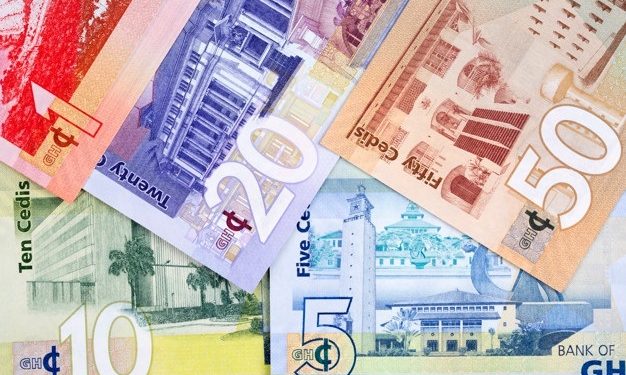Senior Economic Analyst with Databank, Courage Kingsley Martey, is confident the cedi will sustain its stability throughout the year 2021.
The cedi, which began the year selling at 5 cedis 76 pesewas, has remained strong so far against the US dollar.
However, there are concerns that it could come under pressure when the global economy fully recovers from COVID-19 and imports pick up.
Speaking at the Pension Strategy Conference organized by AXIS pensions, Mr. Martey noted that his projections about the cedi are based on measures implemented so far by the Bank of Ghana.
“First of all, it is based on the performance we saw last year and typically this financial asset turn to move along with the sentiment of the market. Given the performance that we saw last year, which was very impressive, the expectation and the credibility of the monetary policy framework to continue to anchor policy stability was already gained. When we started this year, the Bank of Ghana also published the forex forward issuance calendar. They indicated that for the first quarter of this year the FX forward auctions will be allotting 50 million dollars per by weekly auction and after the first quarter they will revert to 25 million dollars allotment per by weekly auction,” he said.
“Now, one thing to note is that, this allotment is higher than what will be happening after Q1 and it’s a recognition of the Bank of Ghana’s commitment to currency stability in a typically difficult period for the Ghana cedi,” he added.
He however outlined some factors that the Central Bank should check to prevent any unchecked depreciation of the Cedi against the Dollar this year.
“On the downside, we think that the heavy influence of foreign portfolio investment could also be a downside risk if there is a sudden reversal in this flow. Looking at the increase so far, we noticed that foreign investor share off total domestic holdings declined to 22% of total government securities as at November last year. But at the end of January it increased to 24% and so we are seeing an increase in foreign investor holdings of government security,” he said.
“Again, while that is providing the needed forex to ensure currency stability it could also be that we are baking a currency depreciation risk and so that could be a depression risk to the outlook. And of course, the fact that investor sentiment would change in the negative direction if we don’t see a moderation in the rate of Covid-19 infections,” he added.
In 2018 and 2019, the Cedi depreciated by more than 8 percent and 12 percent respectively. However, it showed an unusual determination when it shed about 3.8 percent of its value against the US dollar last year.
Also, with the issuance of the US$3 billion Eurobond in February 2020, coupled with the implementation of effective measures by the Bank of Ghana such as its forex forward auctions, and other factors, ensured the local currency remained stable throughout 2020.


Comments are closed.